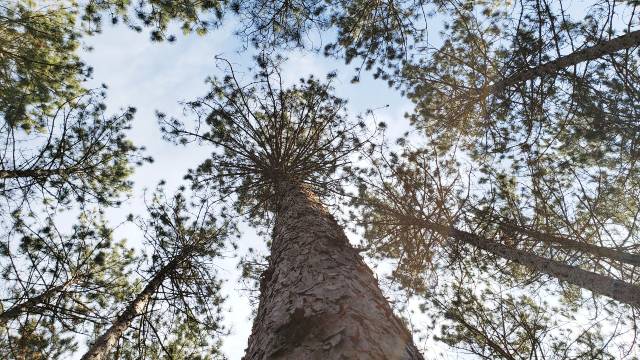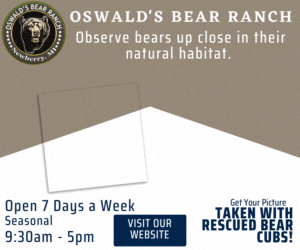By Bill Cook
Forestowners have a ridiculously cool set of resources at their fingertips. They have good reasons for ownership. Yet, nearly always, there is so much more.
You might have recently acquired forestland or, perhaps, have owned a parcel for quite a while. At some point, the question may pop-up about what potential the forest has to offer.
People own forests, or woodlands, for a variety of reasons. Researchers have teased-out a number of outstanding reasons, and some reasons of lesser importance, but it all basically comes down to the idea that the owners simply like forests and have done financially well-enough to own a chunk.
Many people have an attraction to forests and trees. They’re pretty. Wildlife is fun to watch, or hunt and eat. Privacy is nice, as too many people can be annoying. But few forestowners have the breadth of knowledge to fully appreciate the marvels under their care.
A consulting forester typically has a four-year forestry degree from an accredited university, plus at least several years of field experience. Other credentials include a Certified Forester™ (through the Society of American Foresters), membership in the Association of Consulting Foresters, and Michigan Registered Forester. In Michigan, foresters are not required to be licensed or certified in order to practice forestry. Some excellent consultants don’t maintain any of the credentials just mentioned. So, it’s up to the forestowner to be savvy enough to hire the right person, similar to any other professional.
Finding a forester to help write a management plan is important to both the owner, by getting ideas down on paper, and for the woodland, by developing some checks and balances to keep the forest condition moving in a desirable direction. It’s not rocket science, but forest management is, indeed, a mix of many sciences.
Keep in mind that there are many forestry areas of expertise. Every forester has knowledge gaps. Find the forester that has the knowledge that you’re looking for.
Hiring a professional to help make good decisions and implement sound practices is important. A forester is not the right person to pull your infected tooth and, by the same token, a dentist isn’t the person you want helping you to make decisions about a forest.
How to find a professional consulting forester? There are two routes to discover a long list of possibilities in Michigan, although the best way might be word-of-mouth. Both routes involve quick Internet queries. The DNR Forest Stewardship Program maintains a list of consultants by region. Second, contact the Conservation District within which your woodland resides. Many districts employ a service forester under the Forestry Assistance Program. These foresters are not consultants but they can coach a forestowner through the process and help explain the maze of programs and deadlines.
How to choose a consulting forester from a list? This will take more work than obtaining the list. Talk to several of them about your woodland and their services, fee structure, and availability. Many consulting foresters have websites and references. Keep in mind that consultants have schedules, workloads, and busy seasons. Most will tell you when they might be able to accept new clients. The cheapest consultant might not be the best. Find one that meets your needs.
MSU Extension has a bulletin about selecting a consulting forester. One thing not mentioned in the bulletin, is to ask a prospective forester for a sample forest management plan. Read it. If you understand it, then maybe that’s the forester for you.
Not all plans are written equally well, although most hit the important topics. Terms should be defined and interpreted. Basal area? What is that? Is twenty cords per acre a lot? Or a little? That recommended thinning might be good for the trees, but what about the warblers? Will I see more deer in that clearcut? What the heck is a vernal pool? Why are those soil type lines important?
Some plans are filled with photocopied images and soil survey tables that don’t particularly benefit the forestowner. A good management plan will be concise and directly address your concerns, as well as directly address some topics that you might not have previously thought about. A plan should help open-up possibilities.
Working with a forester is a two-way street. A forestowner probably should not expect a forester to unilaterally do “what is best” for the forest. Forest management often involves many choices about preferences, rather than a straight-forward, single-track application of sciences. A forester can explain available options and alternatives, or even make some recommendations. However, it’s the forestowner that should be making the management decisions.












